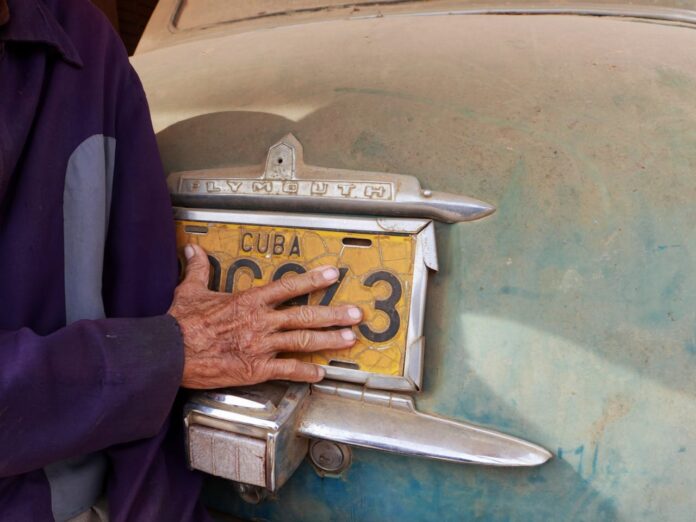What would you do if your name became the center of a heated controversy? For Lorne Grabher, a Canadian proud of his family heritage, the answer was clear: fight back.
For 25 years, Grabher’s custom license plate, bearing his last name, was a symbol of family pride. But in 2016, that pride turned into a legal nightmare. The plate was revoked after complaints claimed it promoted violence against women—a connection fueled by infamous remarks from President Donald Trump.

Grabher didn’t take this lying down. His lawyer argued that the plate simply represented his family name, with no connection to offensive remarks or harmful intent. The Supreme Court of Nova Scotia agreed, awarding Grabher $750 in court costs and putting an end to his eight-year struggle.
The courtroom drama highlighted a crucial debate: where do we draw the line between offensive language and personal expression? The Crown argued that the plate’s message could be misinterpreted, but Grabher’s lawyer fired back, emphasizing that a name is just that—a name.

After the ruling, Grabher expressed relief. “It’s about fairness,” his lawyer noted. And fairness won the day.
This case isn’t just about a piece of metal on a car. It’s about balancing freedom of expression with social sensitivities. In a world where words can carry heavy implications, context matters.
Grabher’s victory reminds us to think before we judge and to respect personal identities, even when they seem controversial. As we embrace diversity, maybe it’s time to give a little more thought to what’s on our license plates—and what’s behind them.
So, what do you think? Should personal names on plates be untouchable, or do social concerns sometimes take precedence? Share this story with friends and join the conversation!




